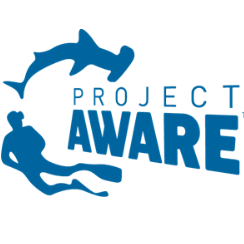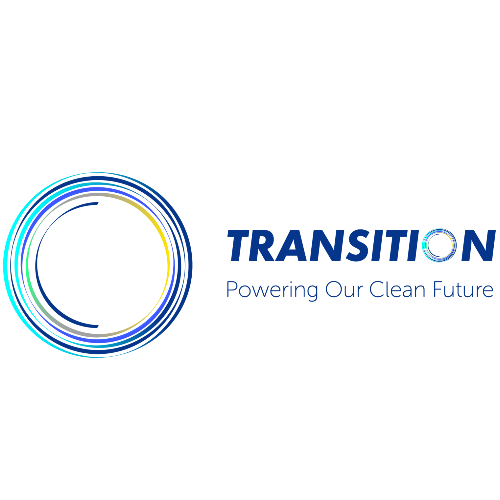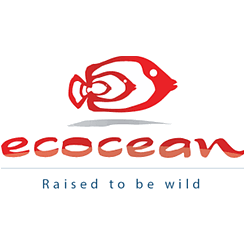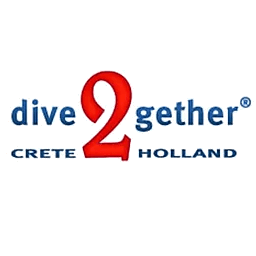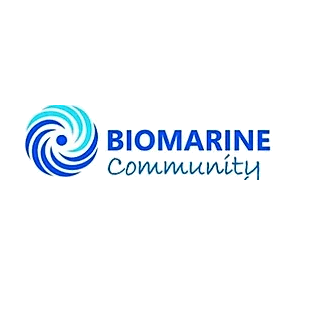Habit loss and marine pollution can both have a devastating effect on marine biodiversity. To maintain a healthy ocean it is imperative that ecosystems remain viable and pollution is addressed. Below are some solutions to help us achieve that.
Using the power of sound to restore degraded ocean ecosystems
Healthy marine ecosystems are teeming with life, and those marine organisms emit and generate sounds as they go about their business under the sea. Since sound is amplified underwater, it can get rather noisy down there. But marine animals are accustomed to these sounds and are attracted to it, as it is an indicator of thriving community that offers essential resources such as food, shelter, breeding habitat as well as mating opportunities and safety in numbers. When ecosystems become degraded to the point where they are no longer attractive to marine communities, it becomes lifeless and very very quiet. Two marine biologists who witnessed first hand the devastation back-to-back cyclones followed by a massive coral bleaching event wreaked on a coral ecosystem that forms part of the Great Barrier Reef between 2014-2016 decided to take action to restore the coral ecosystem to its former glory. They piled up the remains of coral that lay strewn around the ocean floor to form miniature reefs. The new habitat was in place, but it was still lifeless and quiet. Realizing they had to devise a plan to entice marine life to the new reefs they had built, they came up with a creative approach. They placed speakers on the reefs and played back sounds recorded when the reefs were still teeming with life. They found that twice as many young fish settled on reefs located near the speakers, and that the recorded sounds helped to rebuild reef communities .
Stemming the tide of plastic
Plastic debris is undoubtably the scourge of the ocean, if not the planet. Plastic debris in all shapes and forms is found in all marine habitats throughout the ocean from coastal beaches to deep ocean trenches and everywhere in-between, posing a threat to marine life due to entanglement or ingestion. Plastic is designed to be durable so doesn't break down readily in the ocean. Instead, it disintegrates into smaller and smaller pieces of plastic, known as microplastics, which can be ingested by marine organisms. Scientists have recently discovered that coastal marine species are colonizing plastic debris and being transported out to the open ocean, where they are thriving. While very little is known about the potential impact of these coastal hitchhikers, researchers are concerned that they could become invasive species in areas where they are not normally found. They're also worried that coastal species from different regions could form colonies that could potentially spread disease to fish and other marine life.
There is so much plastic in the ocean and it is going to be there for quite some time. To compound matters further, more and more plastic flows into the ocean from rivers or blows in from boats or land-based sources every day. We urgently need a solution to this ongoing and longterm problem.
Potential ocean cleanup solutions include coastal cleanups, removing plastic from the ocean surface, and possibly even deeper waters. Cleaning up the mess is one potential solution. Well, it's a start at least. But is it viable?
Max Liboiron, an associate professor at Memorial University in Newfoundland and a plastic pollution expert, tends to think that this is not, necessarily the case, largely because of the scale of the problem and how inaccessible much of that plastic debris is in the ocean.
"You actually have a scale problem where you cannot clean up the ocean in any way at a rate that is commensurate with the amount of plastic going into it," said Liboiron in an interview with Gizmodo. Microplastics are some of the smallest things in the world. They're smaller than a grain of rice, and they're in one of the biggest things in the world from a numbers standpoint."
Liboiron refers to marine plastic pollution as a 'stock-and-flow problem', using an overflowing bathtub as a metaphor. "You walk into your bathroom and your bathtub is overflowing. Do you, a) turn off the tap, or b) get a mop," he asks. "Eventually you'll do both, but you better turn off that tap before you start mopping up or you will never stop mopping up and you will never catch up to the water spilling out. That's a great model for job security but a horrible model for dealing with pollution."
However, Liboiron says the question shouldn't be "is cleaning up worth it compared to turning off the tap? We known turning of the tap is better." Period.
He has a valid point. Cleaning up the ocean is worthwhile where it is feasible to do so. Cleaning up beaches; putting collection barriers across rivers, stormwater drains and sewage outfalls to trap plastic; and trash wheels in bays to collect plastic on the surface, are all good ways of cleaning up our oceans. But ultimately we need to turn off the tap if we have any hope of stemming the flow of plastic entering the ocean. We need to stop producing plastic, stop consuming plastic, stop turfing plastic. That is the only way we will stop plastic from entering the ocean.
Sources
Elizabeth Preston. Using the sound of the sea to help rebuild ocean habitats. Hakai Magazine. Nov 2021.[https://hakaimagazine.com/news/using-the-sound-of-the-sea-to-help-rebuild-ocean-habitats/?xid=PS_smithsonian]
Molly Taft. Why Trying to Clean Up All the Ocean Plastic Is Pointless. Gizmodo. Nov 2021.[https://gizmodo.com/why-trying-to-clean-up-all-the-ocean-plastic-is-pointle-1848111529]
Kate Winslet. Innovative solutions to combat marine pollution. Florida News Times. June 2021. https://floridanewstimes.com/innovative-solutions-to-combat-marine-pollution/282997/
Deborah Block. Scientists Discover Coastal Marine Life Thriving on Plastic Ocean Trash. VOA News. Dec 2021. [https://www.voanews.com/a/scientists-discover-coastal-marine-life-thriving-on-plastic-ocean-trash/6372361.html]


